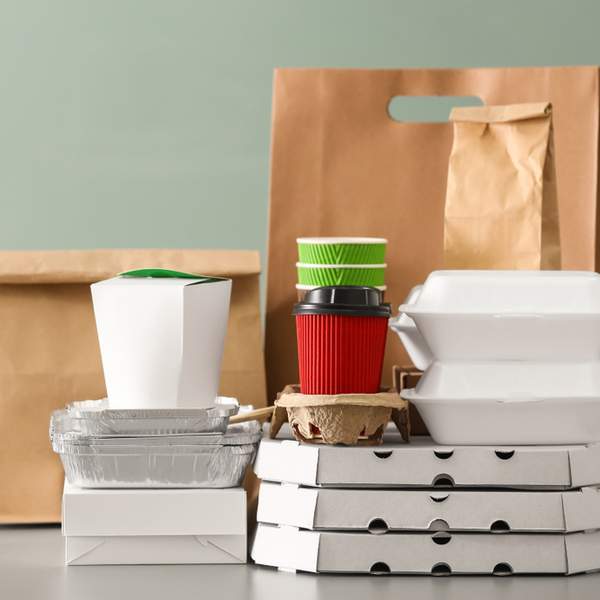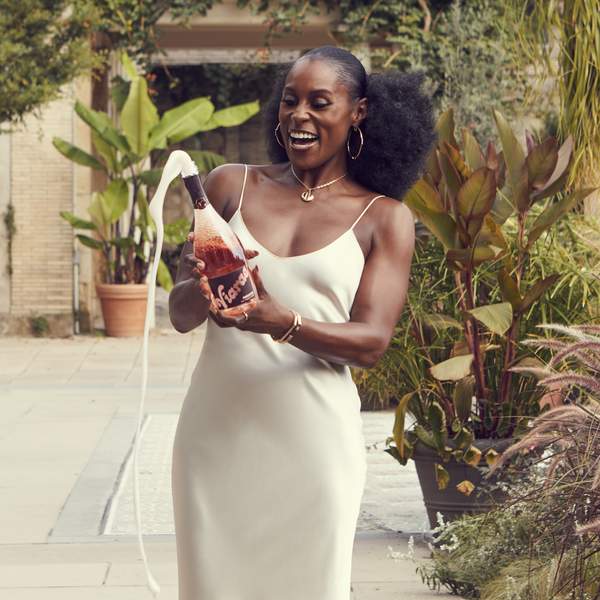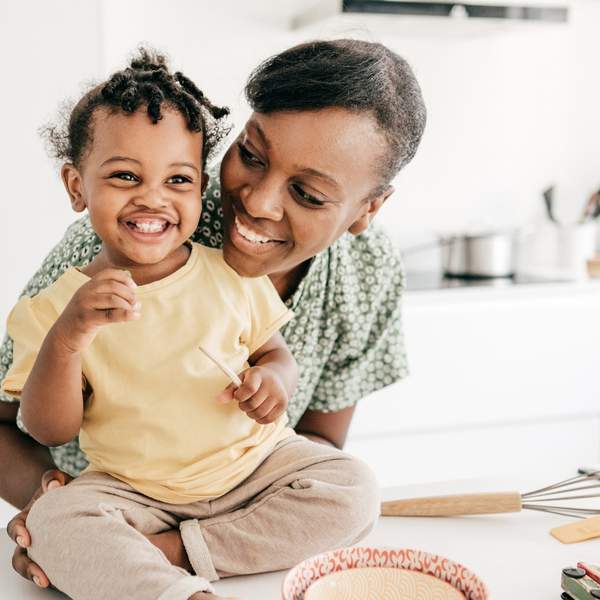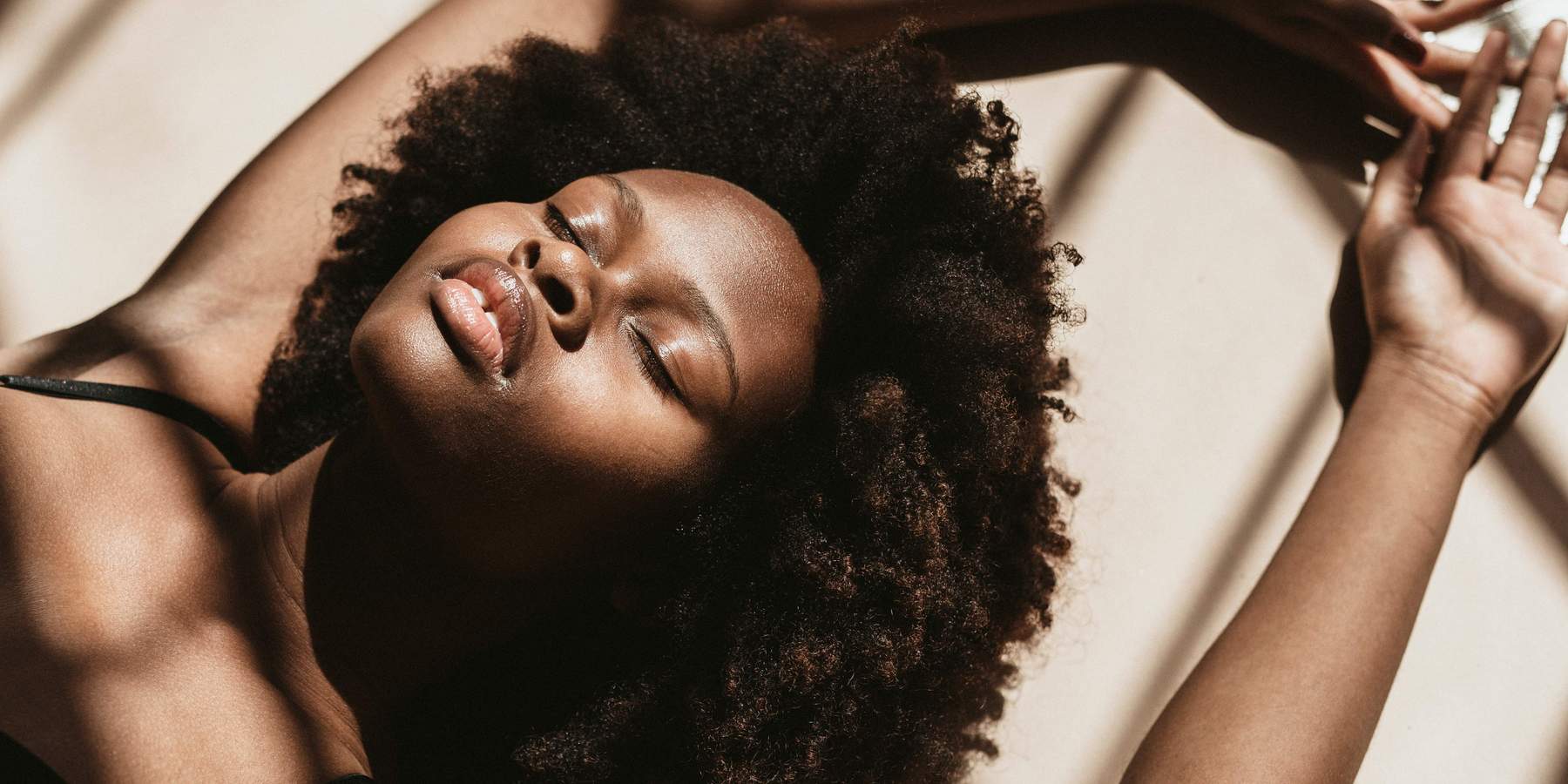I don't know about y'all, but pretty much everyone in my world has been ordering takeout more than usual, ever since this coronavirus pandemic has become a part of our daily lives. What's really a trip about that is, it's not like most of us didn't make doing that a part of our lifestyle routine anyway, being that 60 percent of us were out here ordering delivery or takeout way before the Rona hit. Yet with all of the constantly changing information that's out here, I would totally understand if you're wondering how much of a risk that you're actually taking by hitting up your favorite restaurant so that they can send you something that you've been craving.
As with all things concerning this virus, the key is to be as knowledgeable as possible while not going into a state of panic. While it has pretty much always been holistically healthier to cook your own meals (check out "Why You Should Consider Leaving Fast Food Alone"), there are steps that you can take to insure that you are protecting you, your family and the delivery person, if you decide to bring some "outside food" in.
1. Avoid Peak Ordering Hours

There are a couple of benefits that come with not waiting until peak ordering hours to get your food. One is that you won't have to wait forever (because a lot of restaurants don't have the same amount of staff that they did before the pandemic started) and two, if you decide to go the carryout route, you will be able to avoid coming into contact with as many people.
(If you don't know what a restaurant's busiest hours are, call them before ordering your food. Oh, and if you're wondering what restaurants are currently making deliveries, check out "60 Deals & Delivery Services To Get You Through COVID-19 Quarantine".)
2. Disinfect Your Screen Door
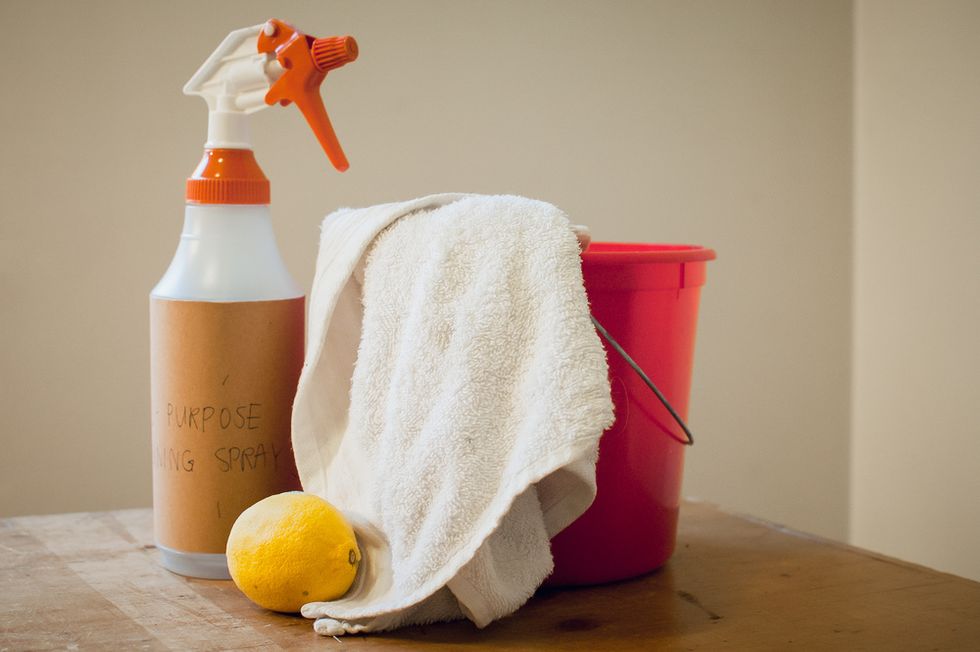
While this step might seem like you're being "extra", choose to see it as a way of being proactively kind and courteous to the one who will be bringing your food to you.
While it would be ideal if the delivery person simply called or texted to let you know that your food is in front of your door or one the porch (more on that in a sec), if they do happen to knock on the door, do them a solid by disinfecting your screen door and door handle before they arrive.
At the time that I'm writing this, it's not a mandate that everyone wear masks and gloves, so it only takes five minutes to make sure that the person bringing your food to you is extra protected. Something like Simple Green® CLEAN FINISH® Disinfectant Cleaner should do the trick.
3. Sign Receipts with Your Own Pen
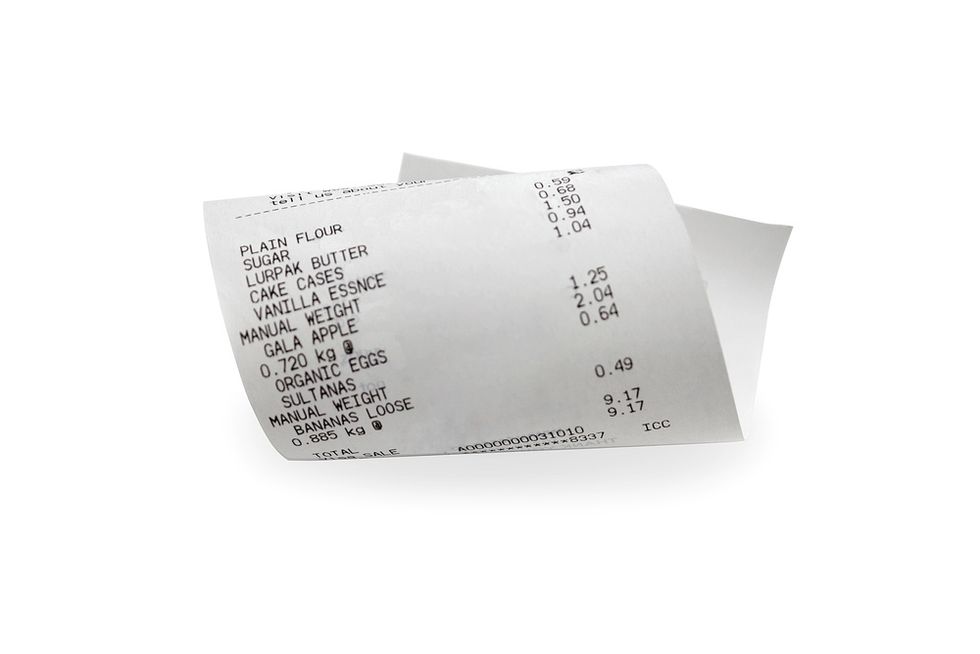
There really is no telling how many people touch things like a single pen over the course of a day. So yeah, avoid coming into contact with germs unnecessarily by using your own pen to sign takeout receipts.
4. See If Deliveries (and Your Tip) Can Be Left at the Door
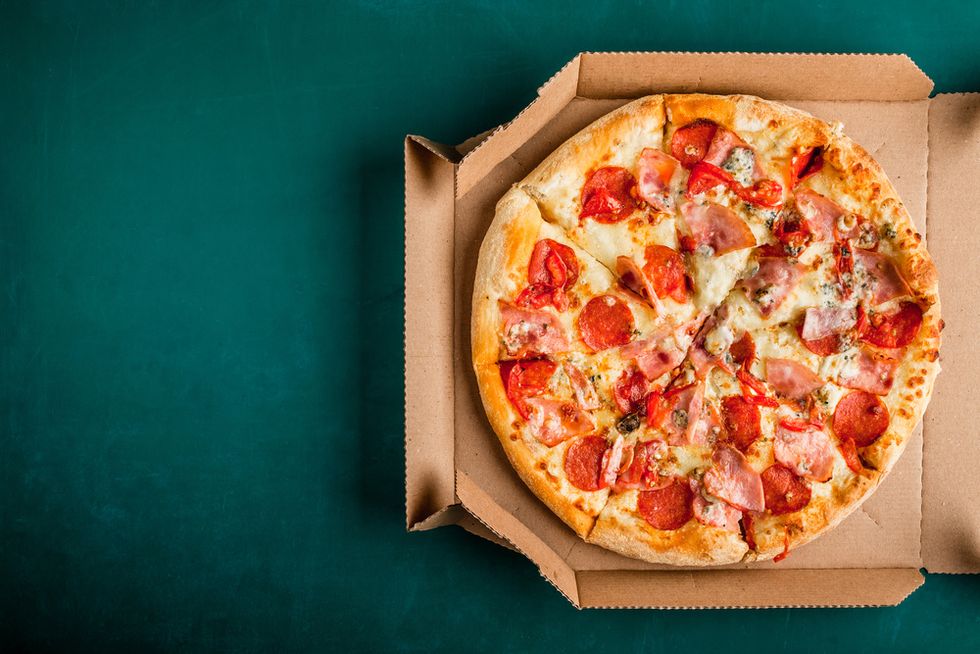
These days, when ordering online, there is becoming less of a need to interact with your delivery person at all. For instance, there are usually notes, in the form of special requests, that you can leave online while placing an order about where you'd like your food to be dropped off. If it can be placed at the door without any human interaction, that's awesome. Speaking of, if for some reason, it is a restaurant's policy to get your signature on a receipt or they typically have people write in how much they want to tip their delivery person, ask if there is anyway to bypass this. The more that you can do with your debit or credit card, the less you'll be putting yourself at (potential) risk.
5. Tip Your Deliverer Well
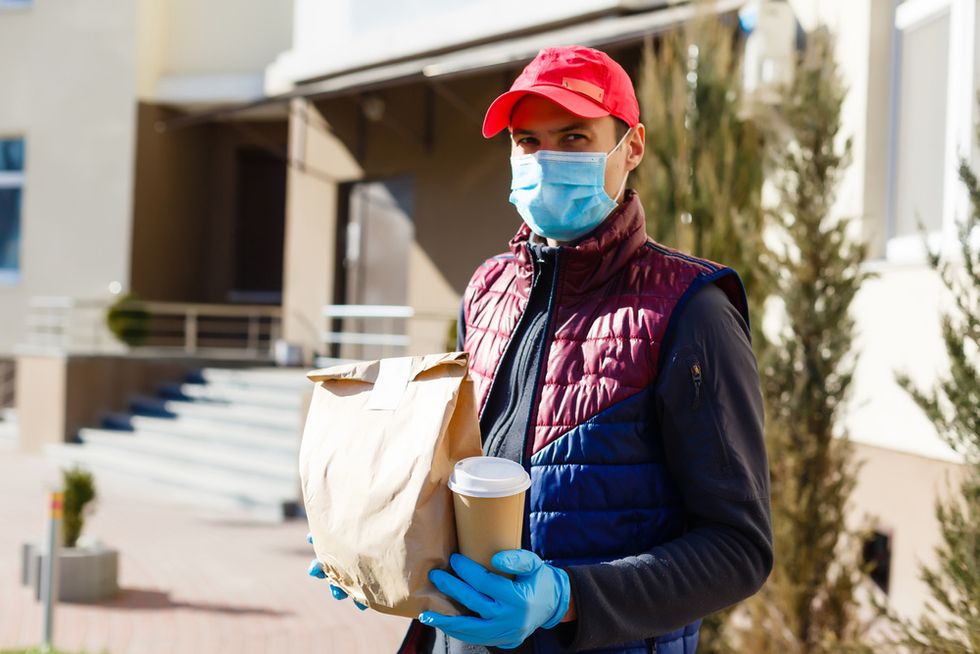
I once read an article that said, on average, food delivery drivers make somewhere between $8-19 an hour. Not bad if you're just looking to make a few extra bucks, but pretty low if you're working to make ends meet and you're basically putting your life on the line to do it.
Because restaurants are doing their best to stay afloat, we are able to still keep a certain sense of normalcy by enjoying some of our favorite foods without having to go out and get them. That deserves the "thank you" in the form of more than a standard 10-15 percent tip, if you ask me. You can also donate to relief fund organizations that are helping out restaurants, bars and food service workers. You can check out more on that here and here. Whatever you decide to do, please be generous. We're all trying to stay afloat right now.
6. Keep Carryout Off of Your Surfaces
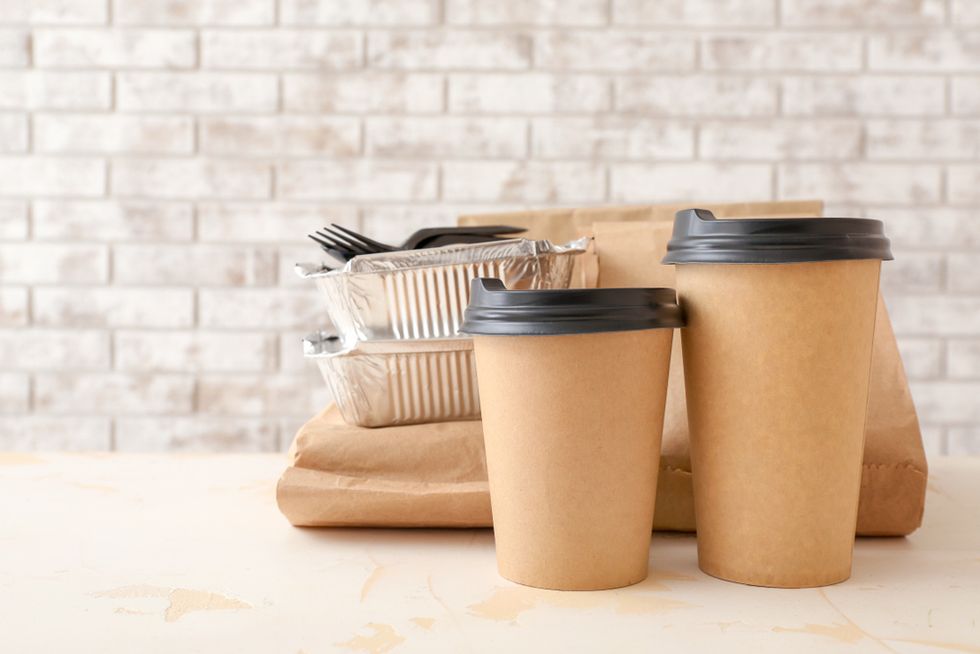
Not to get you all paranoid or anything, but you really don't know where food containers and bags are stored or who's been touching on them prior to them arriving at your house. Just to be on the super safe side, avoid placing the carryout bags directly onto your kitchen counters. Instead, put a towel or some paper towels on your counters first. Use gloves to remove the food from the bags and then immediately throw the bags out (preferably into your trashcan outside) once you've taken all of the food out. Do not touch your face, for any reason, while you're doing this.
7. Wash Your Hands Immediately After Removing Food from Packaging
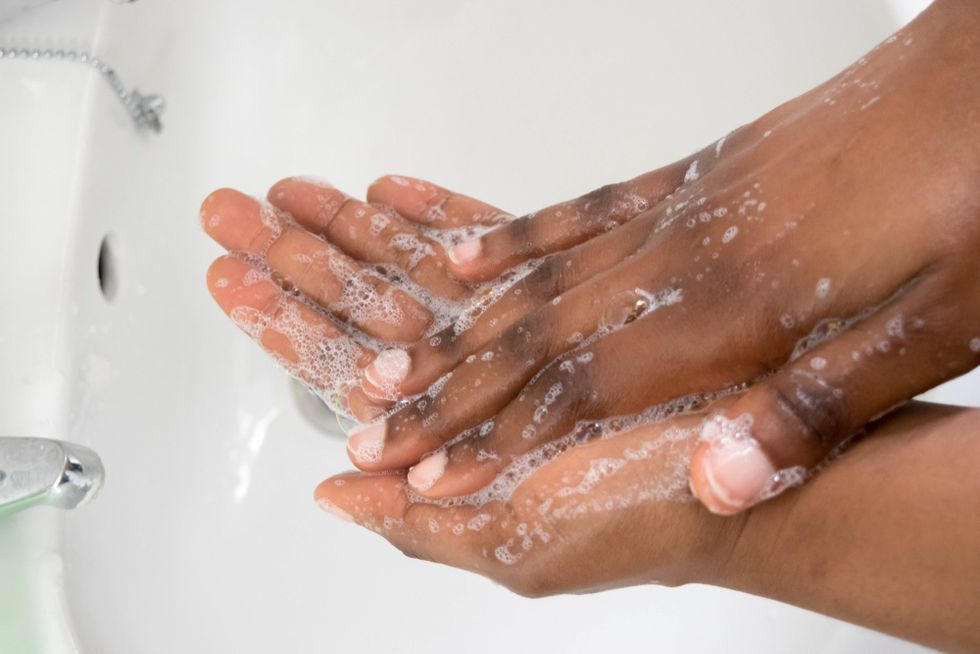
Once the food is out of the bags and the bags have been disposed of, it's important to wash your hands for 20-30 seconds with soap and warm water. While there has yet to be evidence that coronavirus can be transmitted through food (let's all make sure to keep it on our prayer list that it never does), what we do know is it can live on surfaces including containers and utensils (reportedly for 1-3 hours). So, you want to make sure that your hands are as clean as possible after touching on stuff that your food came in. This brings us to the next point.
8. Reheat Food in Your Own Containers
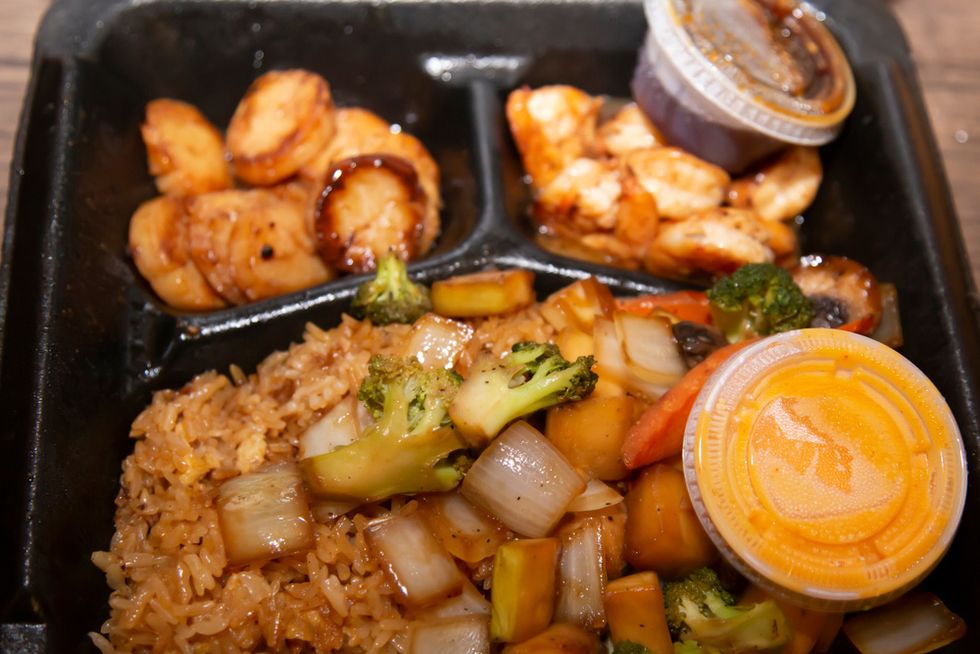
If you're anything like me and you enjoy your food when it's about as hot as you can stand it, avoid reheating your food in the containers that they came in because, remember, someone handled before you did. It's best to immediately put the food in your own containers and to toss the delivery ones out as well (which yeah, basically means washing your hands just one more time). The other reason why you should do this is because you never know if the containers happen to contain harmful chemicals like BPA; the less you have to worry about, the better.
Oh, and I'm hoping that since I'm sharing that it's not a good idea to reheat in your delivery containers that it's a given to not eat straight out of them. It's kinda hard to eat out of something without touching it. Feel me?
9. Consider Eating Outdoors
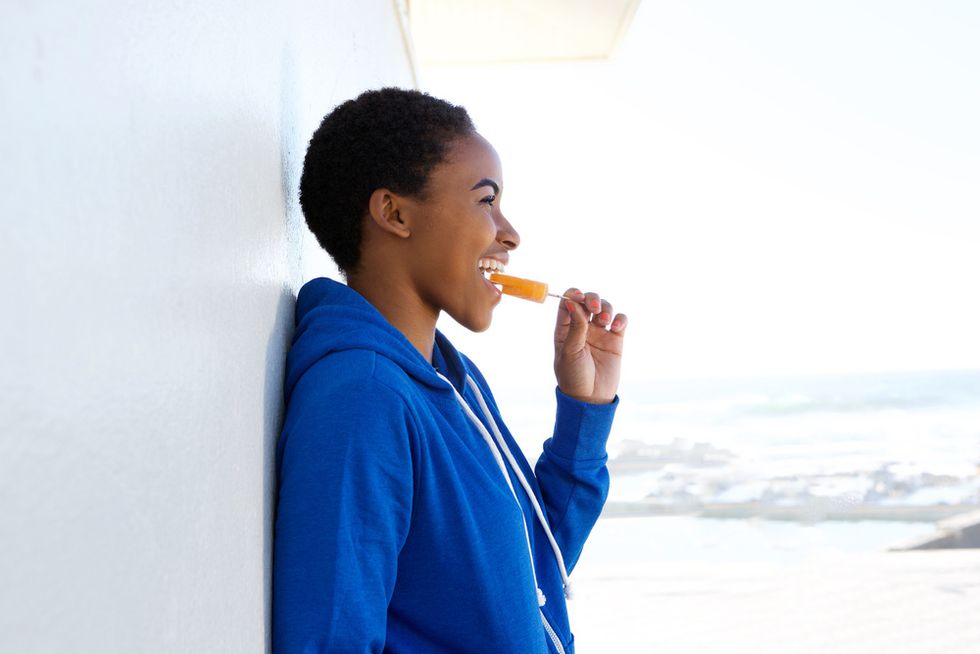
Yes, most of us are living in Safer at Home status at this point, but no one said that you can't go outside. If you live in a house or a townhome (that has a yard) it can do you some good to get out of the walls of your home and go outside; not just for a change of scenery but for some fresh air too. Since indoor air pollution is 2-5 times higher than outdoor air pollution, it could do you some real good to have a little picnic, a couple of times a week.
10. Don’t Leave Your Leftovers Out
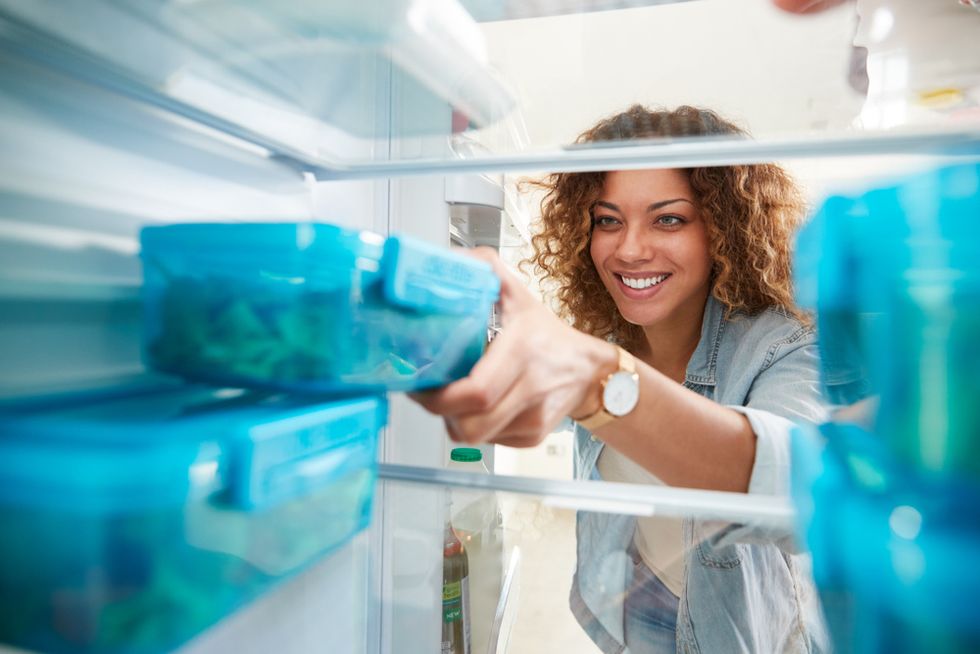
Food poisoning sucks and since hospitals are being pushed to their absolute limit as it is, you want to avoid getting it as much as possible. One way to do that is to make sure that you don't leave whatever food is leftover out for too long. How long is "too long"? Two hours. Also, make sure that whenever you do reheat your leftovers, you do it at a temperature that's around 165 degrees Fahrenheit.
BONUS: Support Those Who Are Lookin’ Out

Thankfully, as if this month, "Federal law mandates new paid leave requirements for restaurant workers affected by coronavirus". But there are restaurants who are going above and beyond the bare minimum (and paid sick leave is definitely a bare minimum). Starbucks actually offers "catastrophe pay" (two weeks on top of their standard two-week sick pay) for employees who've been diagnosed with coronavirus. Recently KFC donated $400,000 to Blessings in a Backpack which is a non-profit that gives weekend meals to hungry kids, free of charge while Taco Bell donated $1 million to No Kid Hungry, a campaign that also feeds children. Domino's is donating million of slices of pizza to essential workers and school children. Several restaurants in New York are making free meals for hospital workers. I also want to give a big shout-out to Houston-based chef and restaurateur Jonathan "Jonny" Rhodes for recently turning his restaurant Indigo into a grocery store for low-income families (ain't nothin' like a good Black man, y'all!). I also found David Cabello's new app Black and Mobile to be a cool addition for such a time as this.
Other chains are being proactive about taking less money out of our pockets. For instance, if you use Burger King's app, they will give you two free kids meals with a regular order. TGIF Friday is giving a free kid's meal for every order over $20. Olive Garden has a two-for-the-price-of-one promotion. Several chains are offering free delivery (read more on what other chains are doing here). Figuring out the restaurants in your area who are helping their workers, you and the community and then ordering from them first is a great way of saying "I see you and I appreciate you" as they try and keep their doors open.
Do you feel a little better (and safer) now? Good. Now how about getting off of here and ordering you something to eat? With all that's going on right now, you deserve it.
Want more stories like this? Sign up for our newsletter here and check out the related reads below:
15 One-Pan Dinners That Are Perfect For Women Who Don't Feel Like Cooking
Naomi Campbell Dropped Her Immunity-Boosting Vitamin & Supplement Routine
The Foods You Should & Shouldn't Be Eating On A Plant-Based Diet
Featured image by Shutterstock
- Promoting Best Practice and Safety Through Preprinted Physician ... ›
- Coronavirus: CDC answers questions on safety of take-out and ... ›
- Food delivery safety during the coronavirus pandemic ›
- Restaurants Heighten Safety Practices Amid Coronavirus ›
- How to safely order food delivery, takeout and groceries during ... ›
- Food Safety and Eating Out | CDC ›
- Safety Best Practices for Food Delivery and Take Out | AmTrust ... ›
- How to order takeout safely and ethically - The Verge ›
- Best delivery practices: How to stay safe when handling orders ›



